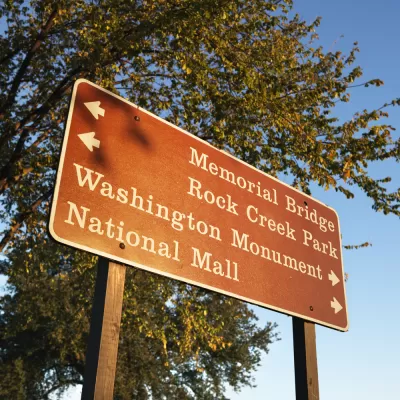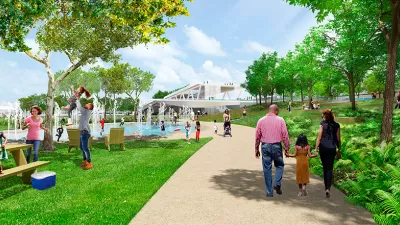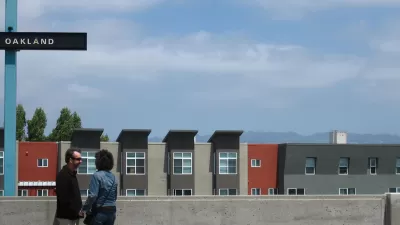Data from Washington D.C. shows how the demographics of eastern neighborhoods have shifted heavily toward childless singles over the past decade.

In a little more than a decade, Washington D.C. neighborhoods have seen some startling demographic changes. Analysts from the city's Office of Revenue Analysis used address data from local income taxes to extrapolate where different kinds of families lived in the years 2002 and 2013.
The result: a marked increase in childless singles living in eastern neighborhoods, and no real change in western ones. Fewer households east of Rock Creek Park were singles with dependents in 2013 than in 2002. Another noteworthy trend was a slight shift of married couples with no dependents toward more central zip codes. The distribution of married couples with dependents varied.
The article includes maps documenting the shift for various household types and an interactive tool showing neighborhood composition by zip code in both years.
FULL STORY: How D.C.’s neighborhoods have changed since 2002

Maui's Vacation Rental Debate Turns Ugly
Verbal attacks, misinformation campaigns and fistfights plague a high-stakes debate to convert thousands of vacation rentals into long-term housing.

Planetizen Federal Action Tracker
A weekly monitor of how Trump’s orders and actions are impacting planners and planning in America.

San Francisco Suspends Traffic Calming Amidst Record Deaths
Citing “a challenging fiscal landscape,” the city will cease the program on the heels of 42 traffic deaths, including 24 pedestrians.

Defunct Pittsburgh Power Plant to Become Residential Tower
A decommissioned steam heat plant will be redeveloped into almost 100 affordable housing units.

Trump Prompts Restructuring of Transportation Research Board in “Unprecedented Overreach”
The TRB has eliminated more than half of its committees including those focused on climate, equity, and cities.

Amtrak Rolls Out New Orleans to Alabama “Mardi Gras” Train
The new service will operate morning and evening departures between Mobile and New Orleans.
Urban Design for Planners 1: Software Tools
This six-course series explores essential urban design concepts using open source software and equips planners with the tools they need to participate fully in the urban design process.
Planning for Universal Design
Learn the tools for implementing Universal Design in planning regulations.
Heyer Gruel & Associates PA
JM Goldson LLC
Custer County Colorado
City of Camden Redevelopment Agency
City of Astoria
Transportation Research & Education Center (TREC) at Portland State University
Jefferson Parish Government
Camden Redevelopment Agency
City of Claremont





























